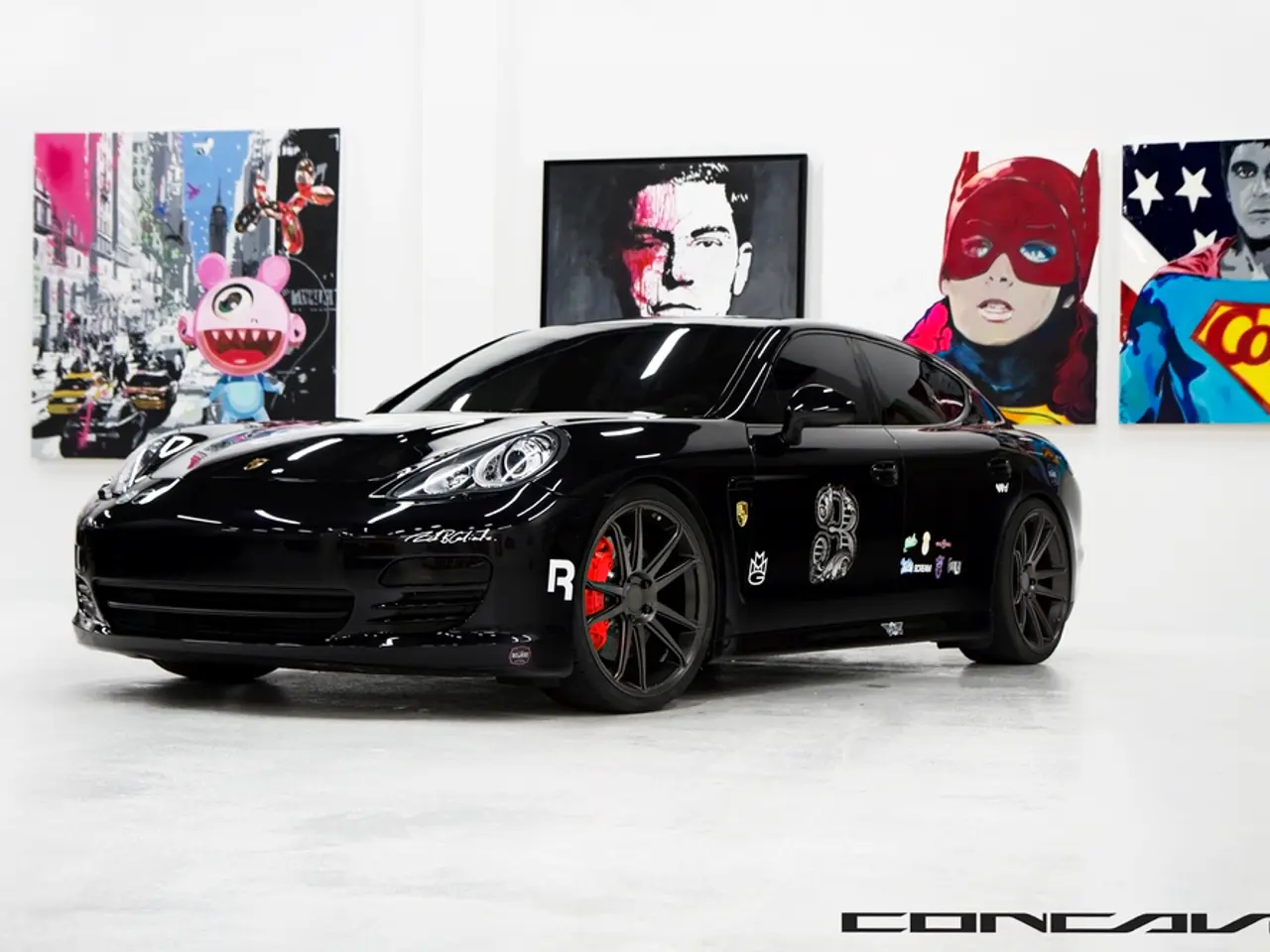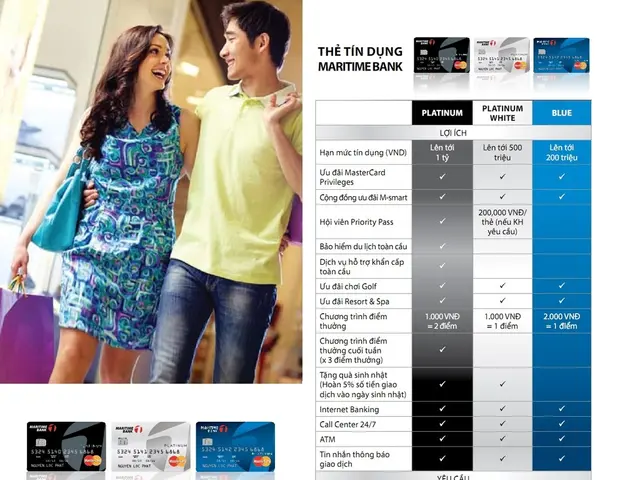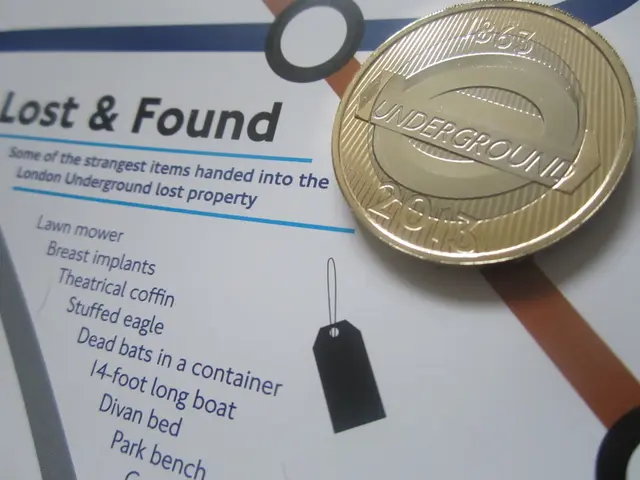Toyota Executive Vice President Terashi Discusses Vision for a Pollution-Free Future
In a series of interviews published on March 16 and 17 on "THE PAGE", a news site operated by Yahoo's subsidiary Wordleaf Corporation, Toyota's President, Shigeki Terashi, shared insights into the company's strategic approach to electrification and its efforts to rebuild public trust.
The interviews, serialized over five episodes with the cooperation of Mr. Ikeda, revealed Toyota's focus on combining "the virtual with reality" and bringing technology on earth to the moon. This ambitious strategy for electrification is aimed at achieving carbon neutrality by 2050 through a balanced promotion of hybrid, battery electric, and fuel cell vehicles.
Toyota's mindfulness and preparedness, as observed after the interview, is a notable change from 10 years ago. This shift can be traced back to 2010, when the company faced a large-scale recall and experienced public distrust during a hearing in North America. The horror of no longer being believed by the public was a significant moment for Toyota, leading the company to realize the importance of demonstrating their commitment to being a good corporate citizen that contributes to society daily.
The interviewer suggested that Toyota's new approach could be a response to the public distrust they faced in 2010. The company's actions post-2010 recall seem to be driven by a desire to rebuild public trust and demonstrate their societal contributions. This is evident in their strategy of preparing a variety of eco-cars to attract users based on conditions in their own areas, while factoring in the time axis.
One of the key initiatives in this strategy is the Mirai, Toyota's FCEV flagship, and all other FCEVs, which not only serve as environmentally friendly vehicles but also double as air purifiers. This dual functionality is a testament to Toyota's commitment to making a positive impact on the environment and public health.
The interviewer found it strange that Toyota, with a national budget sized profit of 2.4 trillion yen, seems to be the most alert among all automakers. However, Toyota avoids phrases that include this or that era is "coming" or "over." Instead, they prepare a variety of eco-cars to attract users based on conditions in their own areas, while factoring in the time axis.
The terms "customer," "making allies," and "Team Japan" originated from the public hearings in North America. Toyota has embraced these terms, focusing on individual efforts and collaborations to make a big impact in changing their public image. The interviewer noted that these efforts may not be enough, but Toyota's actions speak volumes about their dedication to regaining public trust.
Even when the era of internal combustion engines is over, there will still be places on earth where cars won't be able to run without those engines. However, Toyota is preparing for the future, embarking on a project exploring the moon as part of their strategy for electrification. This ambitious project underscores Toyota's commitment to pushing the boundaries of technology and contributing to a sustainable future.
In conclusion, Toyota's transformation is a testament to the power of adversity and the importance of corporate responsibility. The company's strategic approach to electrification and its efforts to rebuild public trust are commendable and serve as an example for other companies to follow.
Read also:
- Peptide YY (PYY): Exploring its Role in Appetite Suppression, Intestinal Health, and Cognitive Links
- Toddler Health: Rotavirus Signs, Origins, and Potential Complications
- Digestive issues and heart discomfort: Root causes and associated health conditions
- House Infernos: Deadly Hazards Surpassing the Flames




